Read time: 5 minutes
Here’s a strange convention of magazine journalism: In a story about someone famous, the writer often begins by describing the first meeting at a restaurant—what they ate, how they played with their food or scarfed it down, what nervous chit-chat the writer or star made. That kind of thing.
So, in that spirit, I’ll tell you that I first met Sarah Green for lunch at a honky-tonk in my hometown of Austin called the Broken Spoke. All I knew about her was that she was friends with one of my husband’s pals in Massachusetts, and that she was in the film business and was in town with her fiancé, a musician, for something related to SXSW, the big digital/film/music festival that happens here every March.
She was wearing a white leather motorcycle jacket and exuded authority.
She was wearing a white leather motorcycle jacket and exuded authority. An indie rock band was playing, which meant I could barely hear anything she said. But I did catch that Green, who spent a long stretch living in Austin, was being inducted into the Texas Film Hall of Fame that evening and that she was currently producing a film adaption of Fahrenheit 451, which debuts on HBO on May 19.
Part of this journalistic trope is assigning significance to small details, as if the way the famous person holds her fork is a window to something deeper. Continuing with the game, I learned that Green loves music so much that she will happily sacrifice conversation for it, that she’s quick and decisive with her order, as you’d expect a producer to be, that she’s unpretentious (the food at the Broken Spoke leans toward the fried and forgettable), and that I should do better homework.
What I Didn’t Know Before
It was probably a good thing I didn’t know more about Green when I met her. Otherwise I would have been intimidated. It turns out she’s a major force in the independent film business. She’s produced movies for legendary directors such as Julie Taymor, David Mamet, and John Sayles. For years she produced Terrence Malick’s films, receiving an Oscar nomination for 2011’s Tree of Life. Her filmography is long and stellar—Loving, Mud, and Frida, to name just a few.
When I caught up with her again via email, she was in Cannes for the premiere of Fahrenheit 451. Green says the film stays true to the spirit of Ray Bradbury’s classic, which was published in 1953, but updates the story slightly for the digital, internet-dominated age. “Pretty much everything Bradbury foresaw in his futuristic world exists today in some form,” she says, “and in working on the script it became clear that it was more frightening to set the story the day after tomorrow, having survived the Second Civil War, than to dream up a whole new future.”
It was probably a good thing I didn’t know more about Green when I met her.
People walking around with headphones that separate them from others. The media as an opiate. Algorithms that determine what “truth” we read about. Green sees these as evidence of how closely society mirrors Bradbury’s writing and also why the film is particularly important at this juncture. “It’s a strong reminder to stay attentive lest we lose more freedom than we realize,” she says. “It’s also a compelling mentor/mentee story of firemen who burn books, records, and electronics rather than extinguishing fires.”
The Mentor Imperative
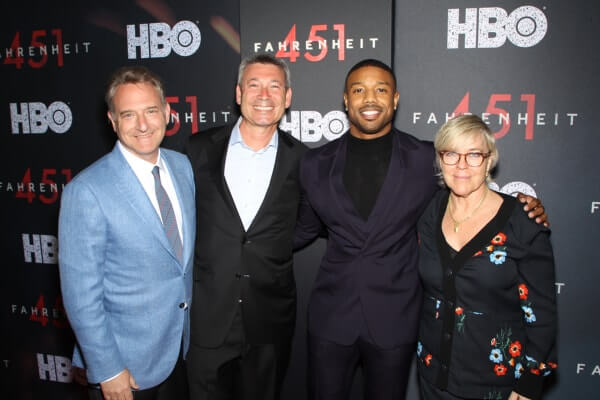
Alan Gasmer, Peter Jaysen, Michael B Jordan, Sarah Green on the red carpet at the New York premiere of Fahrenheit 451. Photo: StarPix/HBO
It’s not surprising that Green was attracted to the mentor relationship in the story. Green credits her success in film to strong mentors. “Mentorship is a powerful force,” she said in a keynote address to the Sundance Film Festival. “I know that without the guidance of those who mentored me, I’d likely still be flipping hamburgers, which is an excellent profession but one that I was certainly less suited for than this.”
Indeed, Green was working at a restaurant in the 70s and attending film school at Boston’s Emerson College when she got her first break—an internship with a woman who distributed independent films. “It was a lively time for both American (Terrence Malick, Martin Scorsese) and international (Agnes Varda, Nicholas Roeg) independent cinema, and I fell in love with this medium that combined story and sound and music and photography and afforded an intimacy with the characters through close ups.”
“I was lucky to start my career at a very powerful time in the history of feminism.”
Though she originally thought she wanted a career in cinematography, part of her skill set, apparently, is being able to quickly size up a situation. “I took a two-year detour to learn lighting in hopes of becoming a director of photography until I realized that despite learning the technical side, I did not have the eye of the talented people I was working with,” she says.
It was a series of women who generously gave her the experience and opportunities to excel in producing. “I was lucky to start my career at a very powerful time in the history of feminism,” she says, “and it was not unusual for me to be on all-women or mixed-gender crews led by cinematographers like Nancy Schreiber and Lisa Rinzler.”
Boss Lady
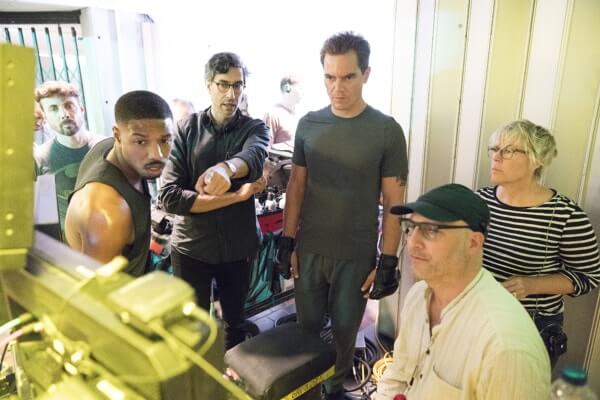
Green on the set with, from left, Michael B Jordan, director Ramin Bahrani, Michael Shannon, Kramer Morgenthau, director of photography. Photo: Michael Gibson/HBO
Green found she was well-suited to producing. She describes herself as a bit of a vagabond. “The idea of living in different cities and countries for three to six months while shooting appeals to me,” she says. She also has a high tolerance for risk. “That’s essential for a producer. We never know when or how or if our next project will come together.”
Once she learned the ropes, her career took off. “I was pretty comfortable being the boss, and did not let anyone tell me otherwise.”
‘Working from your most generous place will feed your relationships and make them stronger.’
When it comes to mentoring, Green gives as good as she got. As she built her career she made a point to help those coming up and encourages others to do the same. “Working from your most generous place will feed your relationships and make them stronger,” she has said, “and being generous with your time and resources when it comes to others will likely result in that same generosity back to you.”
That spirit seems at odds with the stereotypical dog-eat-dog Hollywood culture that we hear so much about. Kudos to Green for creating the world she wants to work in as she helps create the worlds we want to watch.


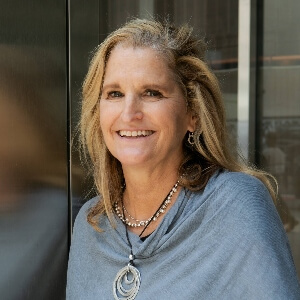
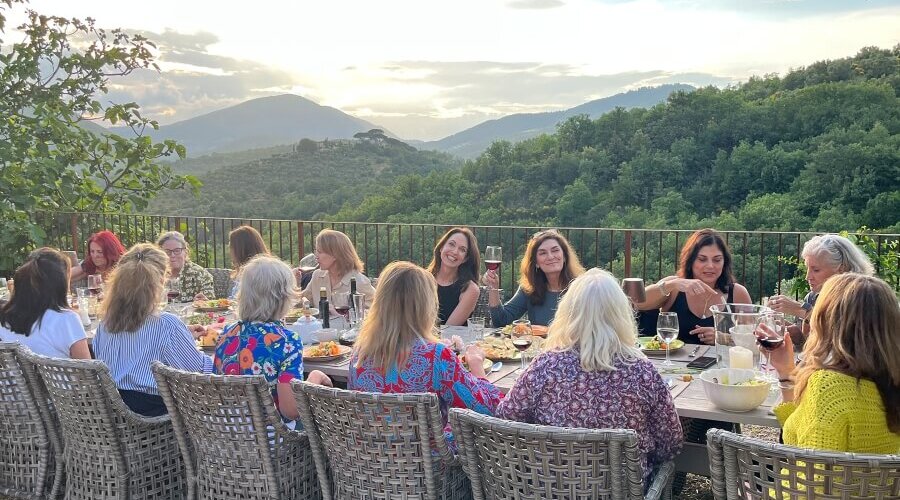
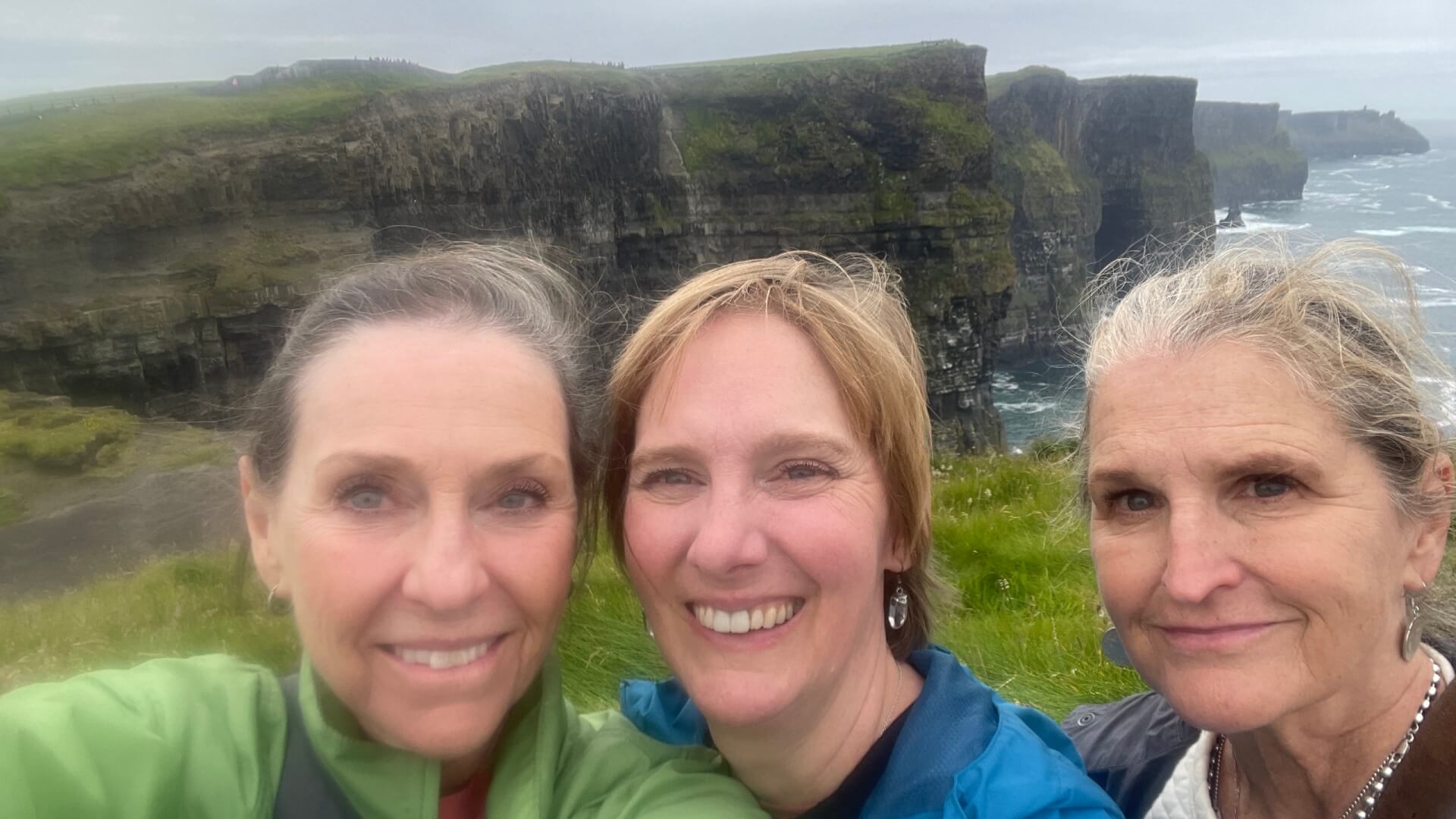
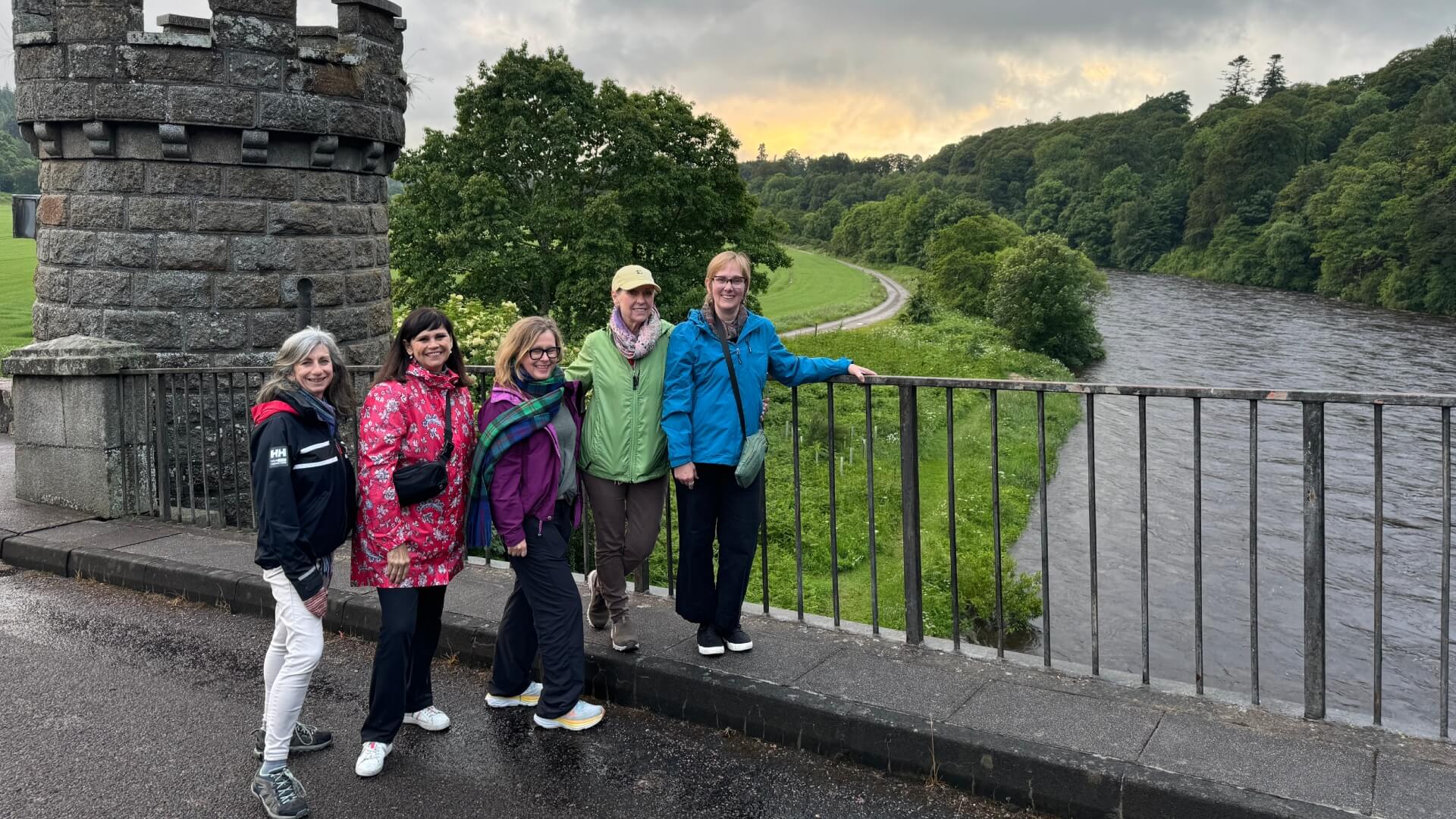




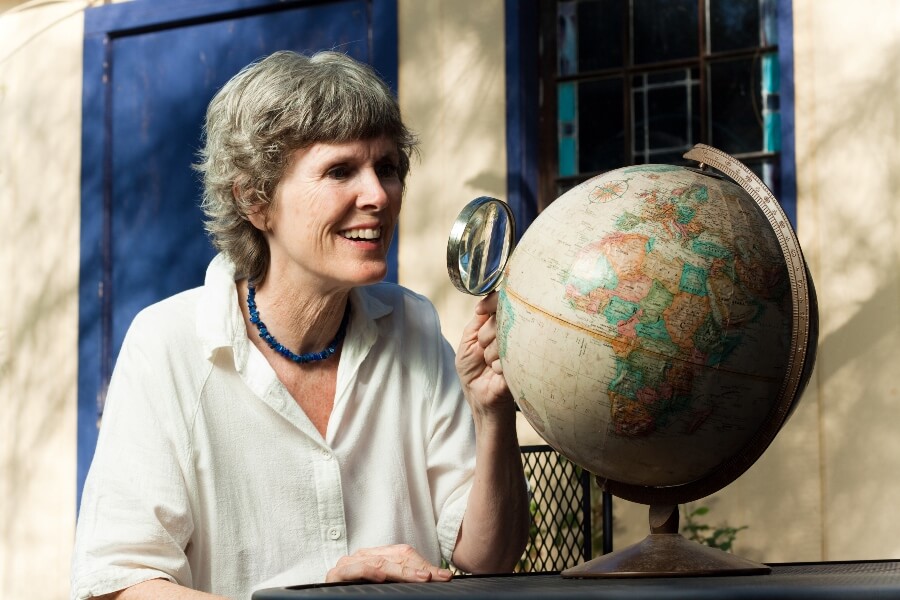
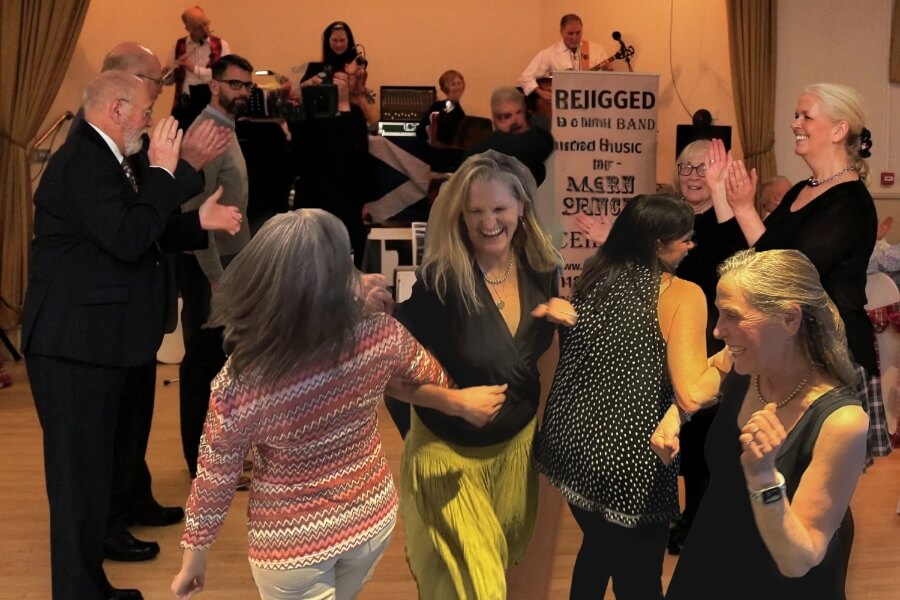

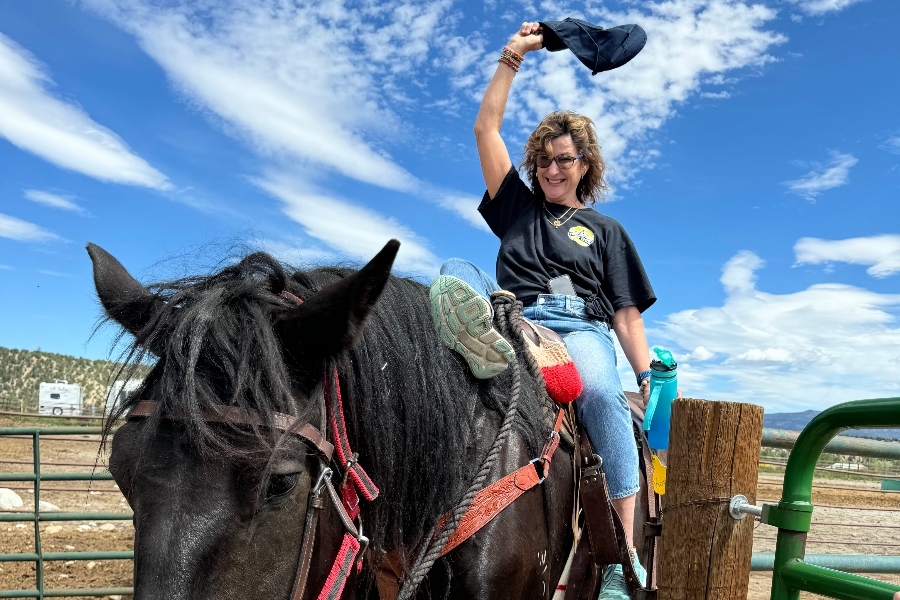







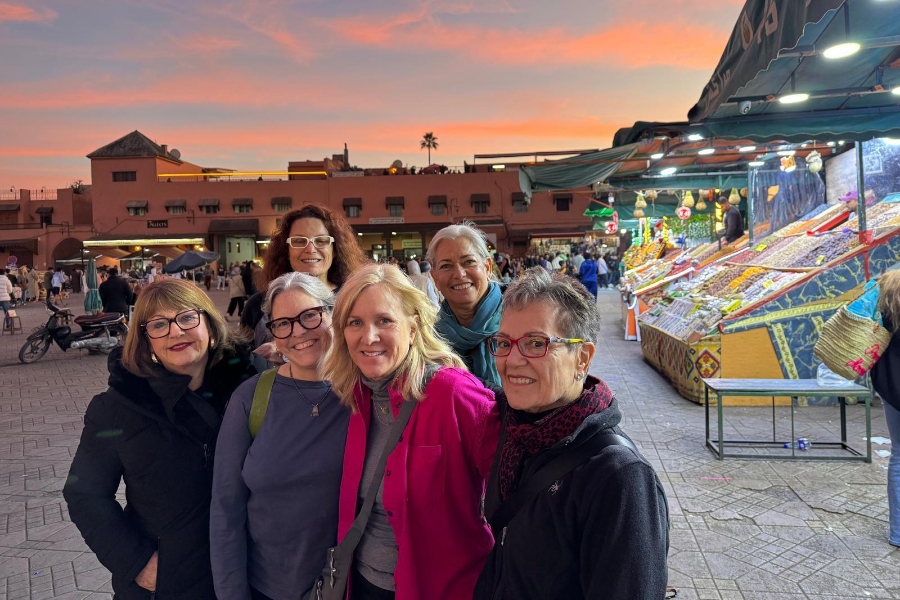
0 Comments